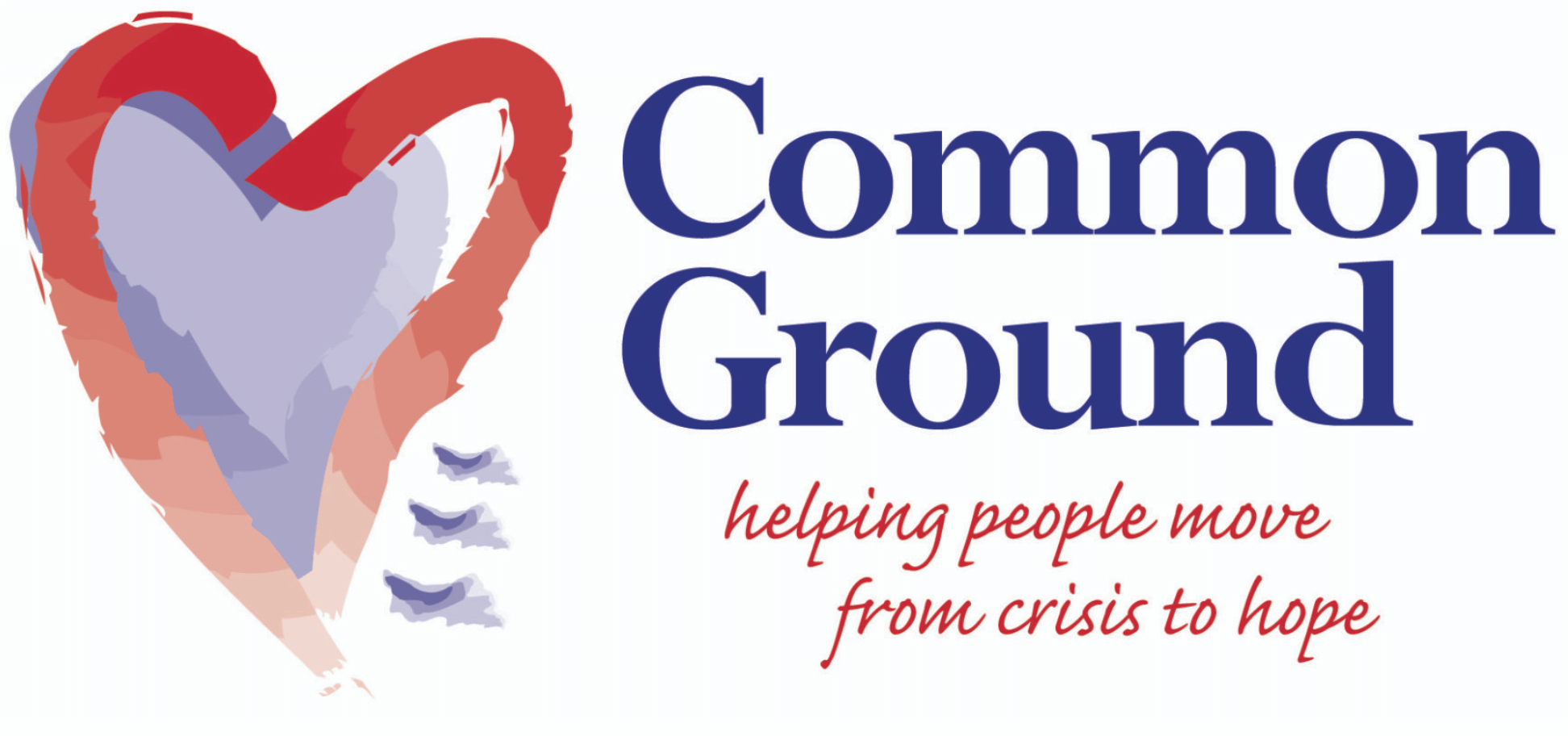Coping Strategies for Managing Anxiety: Insights from an Anxiety Therapist in Detroit
Do you ever feel like you have butterfly fluttering in your stomach? Maybe it happens before a big event or when you do something new? This sensation is a common way that people describe the feeling of anxiety! Anxiety is a common part of being human that we all feel from time to time. For some people, these feelings can become more intense and persistent, affecting their daily lives. Despite anxiety being uncomfortable and interfering, it is treatable and important to listen to. Anxiety is like a signal from our brain and body telling us to pay attention. Just like any other feeling, it can be managed with the right tools. Anxiety can lie to you and make you feel like you are the only one who feels that way. According to recent studies, over 40 million adults in the United States struggle with anxiety! Teens and adolescents also can experience anxiety as they navigate the challenges of growing up.
Understanding Anxiety Symptoms
It can be helpful to anxiety as a visitor that sometimes overstays its welcome. Even though it might feel overwhelming, the good news is that there are ways to help anxiety not take over! Anxiety can feel like a tricky puzzle. It can show up in different ways, and you might not even realize you’re feeling anxious! Do you ever get a little jumpy or find it hard to sit still? That might be anxiety saying hello. It can also make your tummy feel funny, like you have a bunch of fluttery butterflies inside.
Feeling anxious involves a mix of physical, emotional, and behavioral signals that show up in your mind and body. When you're anxious, your body might start to feel "weird." Common anxiety symptoms are a fast heart rate, quick breathing, tense muscles, and restlessness. Emotionally, it can make you worry a lot, feel scared, or make it hard to focus. You might also notice changes in behavior, like avoiding certain situations, being more antsy and sleep problems.
Examining the Layers of Mental Health Stigmas
It's important to talk about anxiety and mental health struggles without judging people. We want to change how people think about these issues. Anxiety is something many people go through, and it's not a sign of weakness. It's a normal part of being human. Mental health should be treated the same as physical health, with care and understanding. It's okay to ask for help or talk about your feelings. By doing this, we're creating a world where everyone feels accepted and supported. We have made progress with mental health stigmas, but we still have a far way to go.
Invisibility of Symptoms: Anxiety is often an invisible struggle. No one can see how you are feeling inside. Unlike a visible injury, the symptoms of anxiety are internal and emotional. This makes it challenging for others to recognize and understand it. It can also be hard to understand the depth of the challenges faced by those dealing with anxiety.
Misuse of the Term "Anxious": In everyday language, we sometimes use the word "anxious" to describe common worries or nervousness. This casual use can downplay the severity of clinical anxiety. When anxiety disorders are seen as everyday stress, it can lead to the misconception that anxiety is a minor concern and not a significant mental health issue.
Lack of Awareness and Understanding: Misinformation or lack of knowledge about anxiety can lead to stigma. There are many ways that anxiety can manifest that people aren’t aware of. If people aren’t aware of this, they might stigmatize or dismiss people with anxiety.
Social Expectations: There are unrealistic expectations placed on people to appear strong and “put together”. It’s unfortunate but anxiety can be seen as a sign of weakness rather than a vulnerable and genuine emotion.
Historical Stigma around Mental Health: The historical stigma around mental health can be deeply ingrained in cultural beliefs and societal attitudes. As a result, it can be harder for some people to openly talk and seek help for anxiety without fearing judgment.
Practical Coping Strategies to Tackle Anxiety
Coping strategies for anxiety are often most effective when practiced consistently. It's tempting to try them once and then get frustrated when they don't work as well as you wanted them to. Remember that you can't go to the gym one time and get a six pack! It takes time!
Mindfulness and relaxation techniques
Deep Breathing Exercises: Deep breathing can help calm the nervous system and bring your attention to the present moment.
Find a quiet and comfortable place to sit or lie down.
Inhale slowly through your nose, counting to four.
Hold your breath for a count of four.
Exhale slowly through your mouth for a count of four.
Repeat this process a few times, focusing on the rhythm of your breath.
Progressive Muscle Relaxation (PMR): This technique helps release tension and promotes relaxation.
Sit or lie down in a comfortable position.
Starting with your toes, tense the muscles for a few seconds, then release them.
Move through each muscle group, working your way up to your head.
Mindful Meditation: Mindful meditation can enhance self-awareness and reduce anxiety over time.
Sit or lie down in a comfortable position.
Focus your attention on your breath or a specific point of focus.
When your mind wanders (it is normal to wander!), with curiosity bring your focus back to your breath or chosen point.
Start with short sessions (1-2 minutes) and slowly increase the time as you become more comfortable.
Cognitive-Behavioral Strategies
Identifying and Challenging Automatic Negative Thoughts:
Pay attention to your thoughts when you feel anxious. Identify any “ANTS” or automiatic negative thoughts. These are negative or distorted thinking patterns, such as catastrophizing or all-or-nothing thinking.
Challenge these thoughts by asking yourself if they are facts or assumptions. Consider alternative, more balanced perspectives. This practice helps break the cycle of negative thinking that contributes to anxiety.
Behavioral Exposure:
Gradually face situations that trigger anxiety in a controlled way. This exposure allows you to confront and overcome fears over time.
Start with less challenging situations and then work towards more anxiety-provoking scenarios. Through repeated exposure, your brain learns that the situations are not as threatening as you thought they would be!
Cognitive Restructuring:
Identify and challenge cognitive distortions, such as overgeneralization or personalization. These distortions often contribute to anxious thoughts.
Replace negative thoughts with more realistic and positive ones. For example, let say you catch yourself thinking, "I always mess things up." You can reframe it to, "I may make mistakes, but every does and I can learn from them."
Lifestyle Modifications for Anxiety Management
Lifestyle changes are personal, and it's essential to find what works best for you. If you make a bunch of changes at once, they won't stick and you will become frustrated and even more anxious. Try making gradual changes so they will be sustainable! If you find it hard to make adjustments on your own, you might want to reach out to a therapist.
Adequate Sleep:
Do your best to prioritize good sleep hygiene. Aim for 7-9 hours of quality sleep each night. Lack of sleep can increase feelings of anxiety. Quality sleep positively impacts mood, cognitive function, and stress resilience.
Are you interested in tips for good sleep? Create a consistent sleep schedule, develop a comfortable sleep environment (turn down the heat), and no screens before bed! If sleep creates anxiety, read this blog!
Regular Exercise:
Incorporate regular physical activity into your routine. Exercise does not have to be super intense. Exercise can reduce anxiety by releasing endorphins, the body's natural mood lifters.
Choose activities you enjoy, whether it's walking, jogging, yoga, or dancing. If you haven't exercised in a long time, your goal can be to workout for 5 minutes. Make your goal so small that there is no way you cannot reach it! Remember, perfectionism is the enemy of done.
Social Support and Connection:
Share your feelings with friends, family, or an anxiety therapist. Focus on quality not quantity of social connections. Social connections provide emotional support and a sense of belonging. This reduces feelings of isolation and anxiety.
Participate in social activities and nurture your relationships. Even small interactions can have a positive impact on mood and overall mental health.
Community Resources in Detroit
We are lucky because in Detroit, there are a lot community resources that you can take advantage of to help you manage your anxiety! It's helpful to reach out to these agencies directly to learn more about their services. Here are some free and low cost resources that may be helpful:
Common Ground:
Common Ground is a crisis intervention organization that provides a 24/7 helpline. They offer support, information, and referrals for individuals experiencing emotional distress, including anxiety.
Detroit Wayne Integrated Health Network (DWIHN):
DWIHN provides a range of mental health and substance use disorder services for residents of Wayne County, including Detroit. They offer crisis intervention, counseling, and support services.
University of Michigan Depression Center - Detroit Outreach Team:
The University of Michigan Depression Center has an outreach team that collaborates with community organizations to provide mental health education and resources. They offer workshops and events focused on anxiety and other mental health topics.
Michigan Department of Health and Human Services - Detroit Office:
The local office of the Michigan Department of Health and Human Services can connect you with various mental health resources, including counseling services and support programs.
Begin Anxiety Treatment in Detroit
At Embodied Wellness, we understand that everyone's journey is unique. For some, doing coping strategies at home is helpful while other people need other support. Regardless of what you need, we want you to know that you're not alone. We have anxiety therapists who are ready to support you as you learn to manage and even befriend your anxiety.
Be matched with one of our anxiety therapists in Detroit
Live a life free from worry and anxiety
Other Online Therapy Services We Provide in Michigan
At Embodied Wellness, PLLC we offer a variety of holistic treatment services for adults and teens with trauma, depression, and OCD. We specialize in many forms of trauma therapy including Somatic therapy such as Somatic Experiencing, DBT, CBT, ERP, Internal Family Systems, and EMDR therapy. We offer online therapy in Michigan.
About the Author:
Sarah Rollins, LMSW, SEP is the founder of Embodied Wellness, PLLC, a group therapy practice providing online therapy in Michigan. She is passionate about expanding awareness of somatic therapy as way to treat and heal trauma. She incorporates other holistic treatments into her practice including EMDR and IFS.





